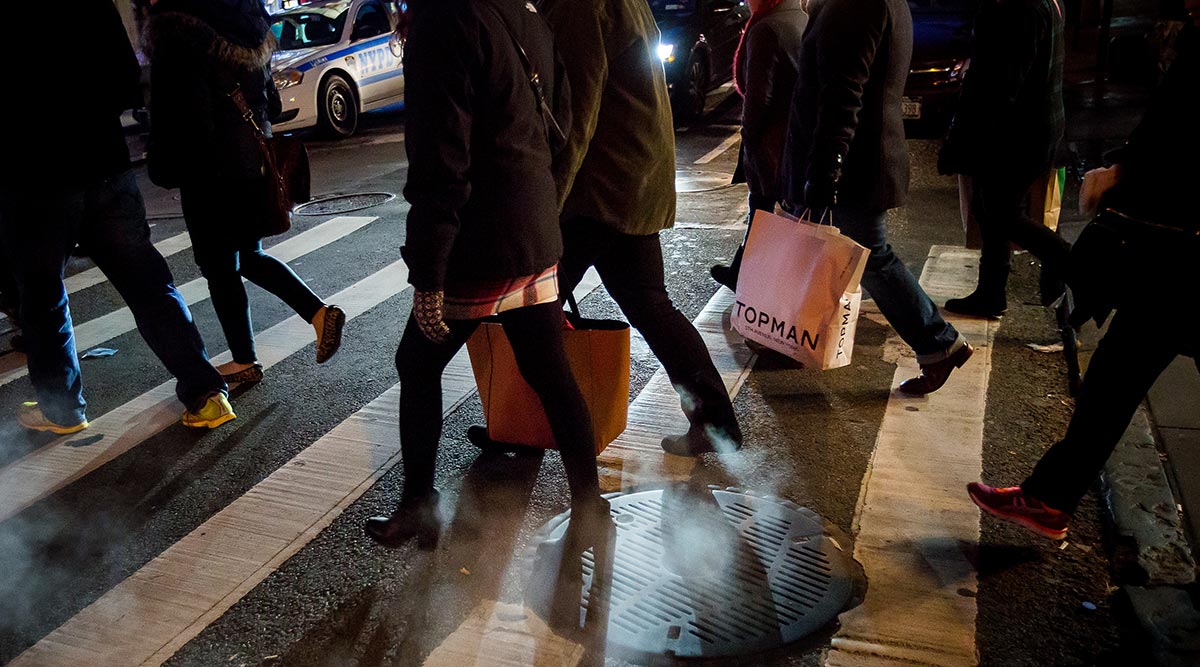Consumer Confidence Eases on Economic, Jobs Expectations

Americans this month became less upbeat about the outlook for jobs and business after sentiment reached a 16-year high two months ago in anticipation that Washington lawmakers would help recharge the economy, according to data from the New York-based Conference Board released May 30.
Highlights of Consumer Confidence
• Confidence index fell to 117.9 (forecast was 119.5) from a revised 119.4 in April.
• Present conditions measure crept up to 140.7 from 140.3.
• Gauge of consumer expectations for the next six months dropped to a four-month low of 102.6 from 105.4.
• Measures of the outlooks for business and employment both decreased to six-month lows.
Key Takeaways
Despite the drop, optimism is still running high on an economy that has kept producing a steady flow of jobs, rising stock and home prices and at least gradual gains in wages. The index of sentiment about current conditions is the second-highest since August 2001.
The decline in expectations signals Americans may be growing less upbeat about the prospects for fiscal measures that would help propel growth. At the same time, it probably would take much bigger or more sustained decreases in confidence to curb the consumer spending that remains the primary engine for the world’s largest economy.
Economist Views
“Consumers were somewhat less upbeat than in April, but overall remain optimistic that the economy will continue expanding into the summer months,” Lynn Franco, director of economic indicators at the Conference Board, said in a statement.
Other Details
• Share of households expecting better business conditions in the next six months dropped to 21.3% from 25.1% in April.
• Share of Americans saying there will be more jobs in the next six months decreased to 18.6% from 21.9%.
• Percent saying jobs are currently plentiful was little changed at 29.9% from 30.3%.
• Labor differential, measuring share of those saying jobs are plentiful minus the share saying they’re hard to get, rose 0.8 point to 11.7 points.
• Buying plans deteriorated as fewer said they expected to purchase cars and major appliances.



